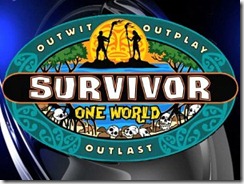I talked to Daddy’s sister recently and she said, “Lissa, we weren’t put here for a good time. We’ve been through hard times.” I waited quietly as she walked her way back through 80+ years of life experience to recall her stories of hillbilly hard times. My father was born June 13, 1929 the year that the Great Depression began. Doris, his sister, was born in 1933. Both children were personally familiar with the concept of “food insecurity” as a result of being born during economic hard times.
The USDA defines food insecurity as a state in which consistent access to adequate food is limited by a lack of money and other resources at times during the year.
Dad remembered both the challenge and the privilege of growing up in the mountains relying on fish,
wild game and gardens to see the family through. He often talked about the evening times when his father worked 3-11 shift at the silk mill in Buena Vista. On many of those evenings dinner was made up of hunks of cornbread broken up in a glass of buttermilk. As the Depression worsened, Paw Paw lost his job at the silk mill and times got harder. He was forced to leave Amherst County and headed to Norfolk looking for work. While successful in finding a job, he didn’t stay very long because it was too hard to be away from his young family. Things did not get better until he got his job back when the silk mill began producing parachutes for WW II.
Doris told me that as a young girl she and Dad were always hungry. Walking to the little mountain school in the morning, they raced to see who could get to the teaberry bush near the church first. They picked and ate as many as they could to fill their bellies before starting the school day. On the way home, Doris said that she would tell her brother to go on into the house ahead of her. When I asked why she did that she laughed and said, “You won’t believe it if I tell you but I would sneak into the barn where we kept the cow and I would dip my hand into the “chock” which is the ground up grain that we fed the cow and eat as much as I could hold. The only problem was that that grain was dry and I would stuff so much in I would about choke!” When Granny found out what I was doing she said, “Girl, if I ever catch you in that bucket again I will wear you out!”
Of all the stories Doris told me, the Christmas story touched my heart most. She said, “Of course we knew Mamma didn’t have any money for food much less gifts.” She could tell that that particular Christmas was going to be an especially lean one because Granny prepared both her children not to expect anything. Doris said with a smile in her voice, “Don’t you know, that year may have been my favorite Christmas because Daddy made it back from Norfolk and he came through the door carrying a ham!” I was tickled.
Dad never forgot what it was like to be hungry all the time. Even in his last days he loved to carry snacks up to his bedroom in case he woke up hungry. My mother hated to send him to the grocery store because he would always “over buy.” When Dad talked about his childhood, he didn’t talk like one who had tasted severe deprivation, in fact his deepest yearning to the end of his days was to be standing in a trout stream fishing for the elusive native fish.


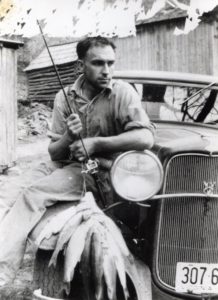
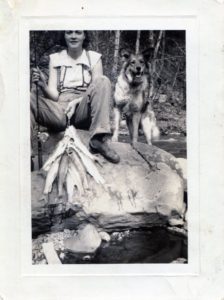
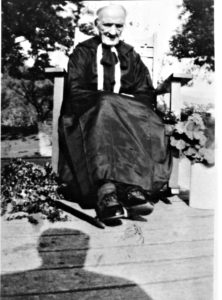
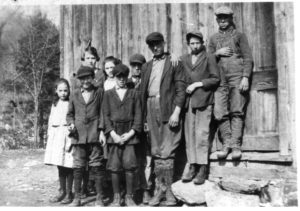
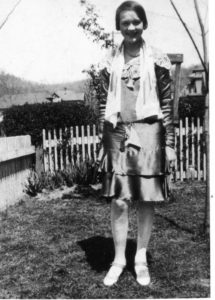
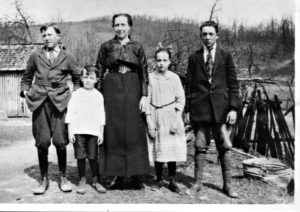
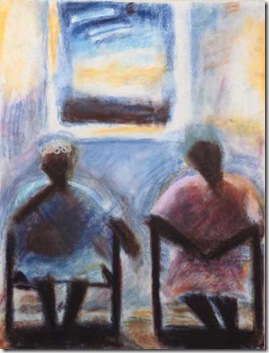
![IMG_1397[1] (Small)](http://www.lissaeggleston.com/wp-content/uploads/2008/01/img-13971-small-thumb.jpg)
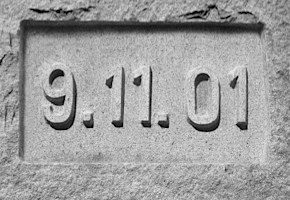 arly morning 9.11.2015 when I posted this graphic on Facebook. It was a simple way to say that I had not forgotten the day that ushered our country into a period of intense and stunned mourning. Never would I have imagined that by 3:00 pm that afternoon this graphic would also become a reminder of the day when I was ushered into the deepest mourning. On 9.11.2015 my youngest brother committed suicide.
arly morning 9.11.2015 when I posted this graphic on Facebook. It was a simple way to say that I had not forgotten the day that ushered our country into a period of intense and stunned mourning. Never would I have imagined that by 3:00 pm that afternoon this graphic would also become a reminder of the day when I was ushered into the deepest mourning. On 9.11.2015 my youngest brother committed suicide.

